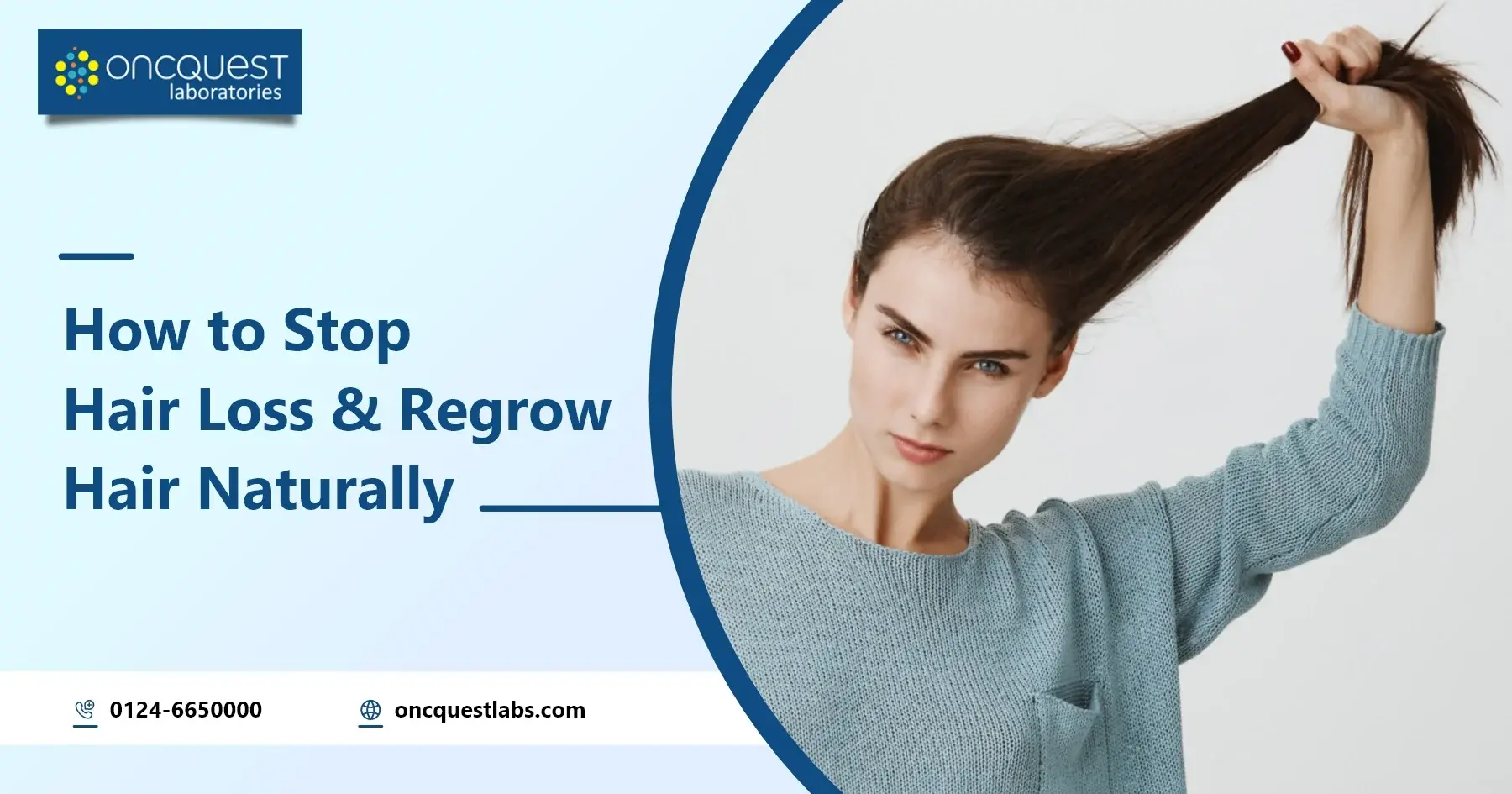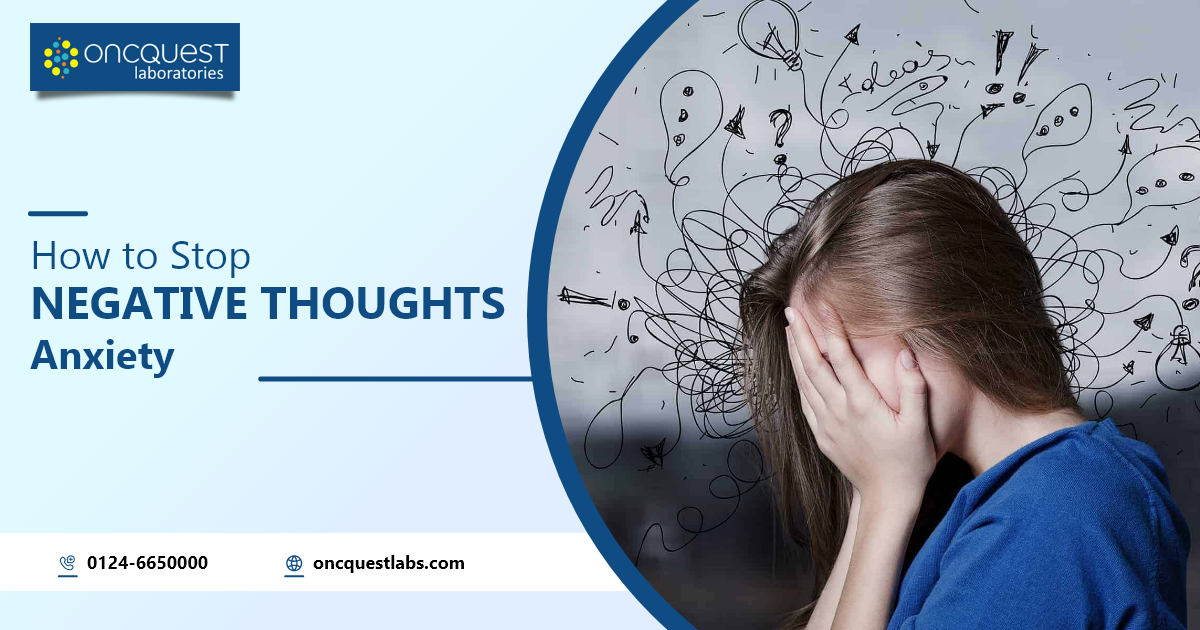Do you want to let your hair grow back naturally because you’re afraid you might become bald? You are part of a community! Many people look for methods to stop hair loss and promote hair growth. In this blog, we’ll discuss simple, all-natural ways to help you with this problem.
We’ll discuss easy lifestyle changes you may implement, such as eating a diet rich in nutrients to support the growth of good hair. We’ll also talk about how important it is to keep your scalp healthy and clean. You’ll learn how to use essential oils like peppermint or rosemary along with other natural therapies to promote hair development. We’ll also discuss the advantages of regular scalp massages and hair care routines.
Contents
How to grow back thin hair?
The following modest lifestyle adjustments may help with hair loss:
1. Reduce stress: Hair loss is directly related to stress. Incorporate activities you enjoy, maintain a healthy diet, get enough sleep, exercise, have a positive outlook, and practice relaxation techniques like yoga or meditation.
2. Eat healthily: Hair loss may result from a diet low in iron or protein. Consume foods high in nutrients, such as dairy, meat, fish, eggs, beans, and grains. Moreover, consuming foods high in vitamin C along with foods high in iron improves iron absorption in the body.
3. Take supplements: Taking folic acid or biotin supplements might aid in promoting hair development.
4. Apply topical treatments: To encourage hair growth, your doctor may advise applying liquid Rogaine to your scalp. It’s crucial to use it consistently for a few months before noticing any benefits.
5. Try essential oils: Before using essential oils, speak with your doctor. Some oils, such those from tea tree, rosemary, and pumpkin seeds, may promote hair growth.
6. Treat your hair gently: Refrain from pulling or aggressively coloring it. Steer clear of tight trims, use conditioner, and brush your hair gently.
7. Lessen hair coloring and bleaching: Using too much color or bleach on your hair might exacerbate hair loss and harm it. Use hair dyes that are as near to your natural color as possible.
8. Take care not to overheat your hair: The heat from styling appliances might dry out your hair. Use a microfiber towel or let your hair to air dry naturally instead of overusing curling irons or straighteners.
9. Take care of dandruff: Although it’s not the direct cause, dandruff can irritate your scalp and exacerbate hair loss. Use shampoos designed to prevent dandruff and stay away from stressful or chilly environments as these might act as triggers.
Medical treatments for thinning hair
A medical professional can assist if you’re losing hair by identifying the problem and recommending the best course of action. To find the underlying cause, they could inquire about your hair loss and perform tests like blood or hair samples.
Depending on the exact reason of your hair loss, your treatment options may include:
- 1. Oral medicine and antifungal shampoo for the treatment of scalp ringworm.
- 2. For male pattern baldness, Avodart (dutasteride) or Propecia (finasteride) are recommended.
- 3. Hair transplant procedures.
- 4. Hormone therapies to promote hair development and lessen hair loss.
- 5. Vitamin and mineral supplements to make up for any dietary inadequacies.
- 6. A topical medication called Rogaine is used to stimulate hair growth.
When to contact a doctor?
Certain types of hair loss, such as telogen effluvium, typically improve on their own after the underlying causes—either physical or emotional—are addressed. On the other hand, it’s a good idea to consult a medical professional, such a dermatologist, about your hair loss. They are able to identify the root cause and suggest suitable remedies.
- Speak with a medical professional if you encounter:
- 1. A painful or scratchy scalp.
- 2. Modifications to your menstrual cycle, acne, or heightened growth of facial hair.
- 3. Hair loss patterns that are unusual.
- 4. Hair loss that appears early in life.
- 5. Hair loss that happens quickly.
- 6. Scaly, red skin on your head.
- 7. Indications of an illness.
Wrapping up
Hormonal changes, genetics, stress, and other causes can all contribute to hair thinning or loss. Depending on the reason for hair loss, there are many treatments available, so it’s important to see a doctor before using any new drugs or supplements.
There are treatments that can help hide weak hair patches or help thinning hair grow back. If you want your hair to look fuller, think about using volumizing dry shampoos, altering up your haircut, or applying mascara.
Frequently asked questions
Q1: Can I regrow my lost hair naturally?
A1: Certain exercises may encourage natural hair growth, depending on what is causing your hair loss. These could involve massaging the scalp, applying aloe vera, or using essential oils like lemon and coconut. Anyone can experience hair loss as it is a natural occurrence.
Q2: Is it possible to stop hair fall and regrow hair?
A2: There are effective treatments available for certain forms of hair loss. At best, you may be able to slow down or perhaps stop hair loss. Certain conditions can cause hair to recover on its own in a year, such as patchy hair loss (alopecia areata). Both medicine and surgery are used as treatments for hair loss.
Q3: What foods reduce hair fall?
A3: Nutrients that are good for hair health, such as omega-3 fatty acids, vitamin E, and biotin, are abundant in almonds, walnuts, flaxseeds, and chia seeds.





